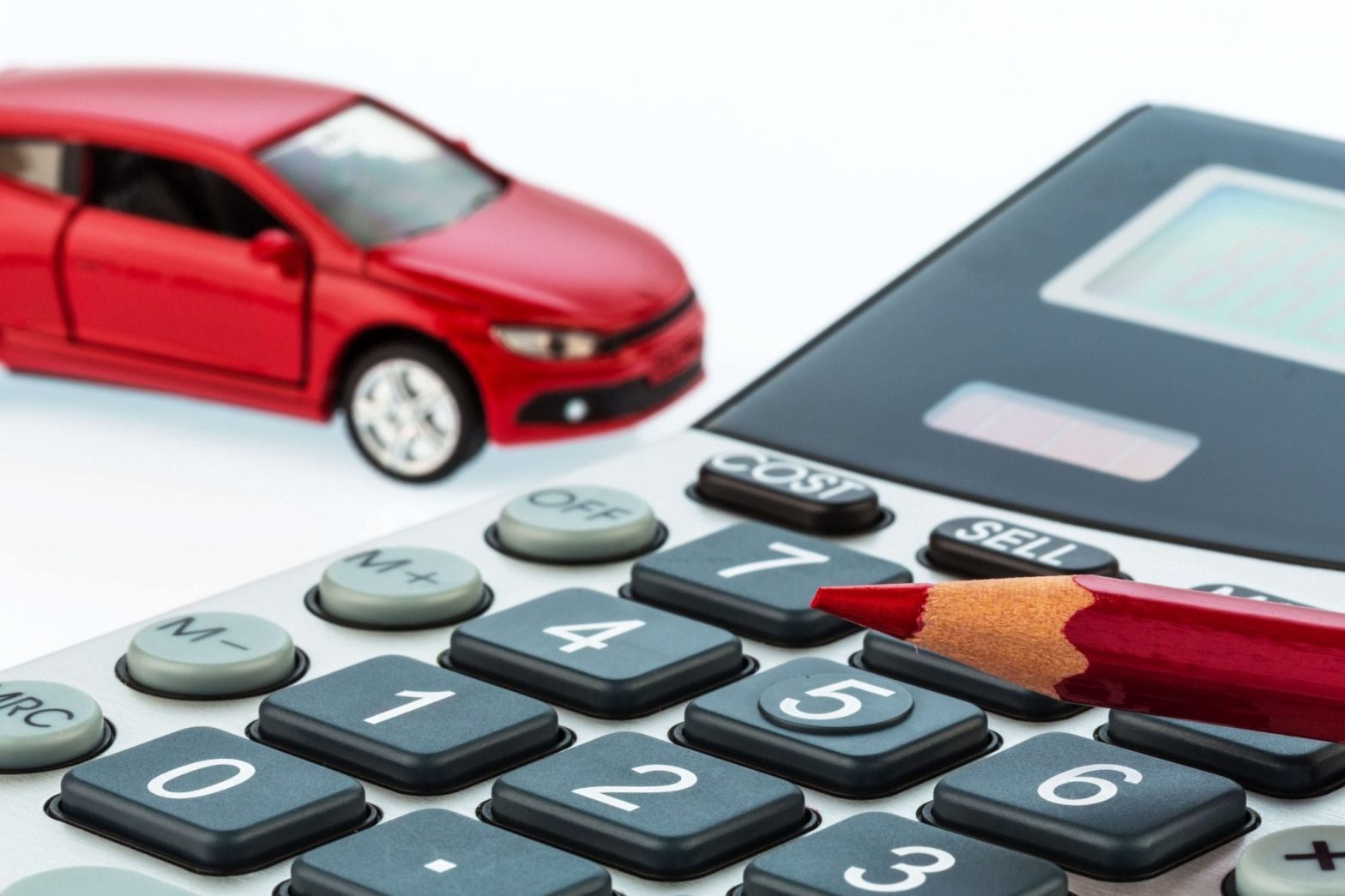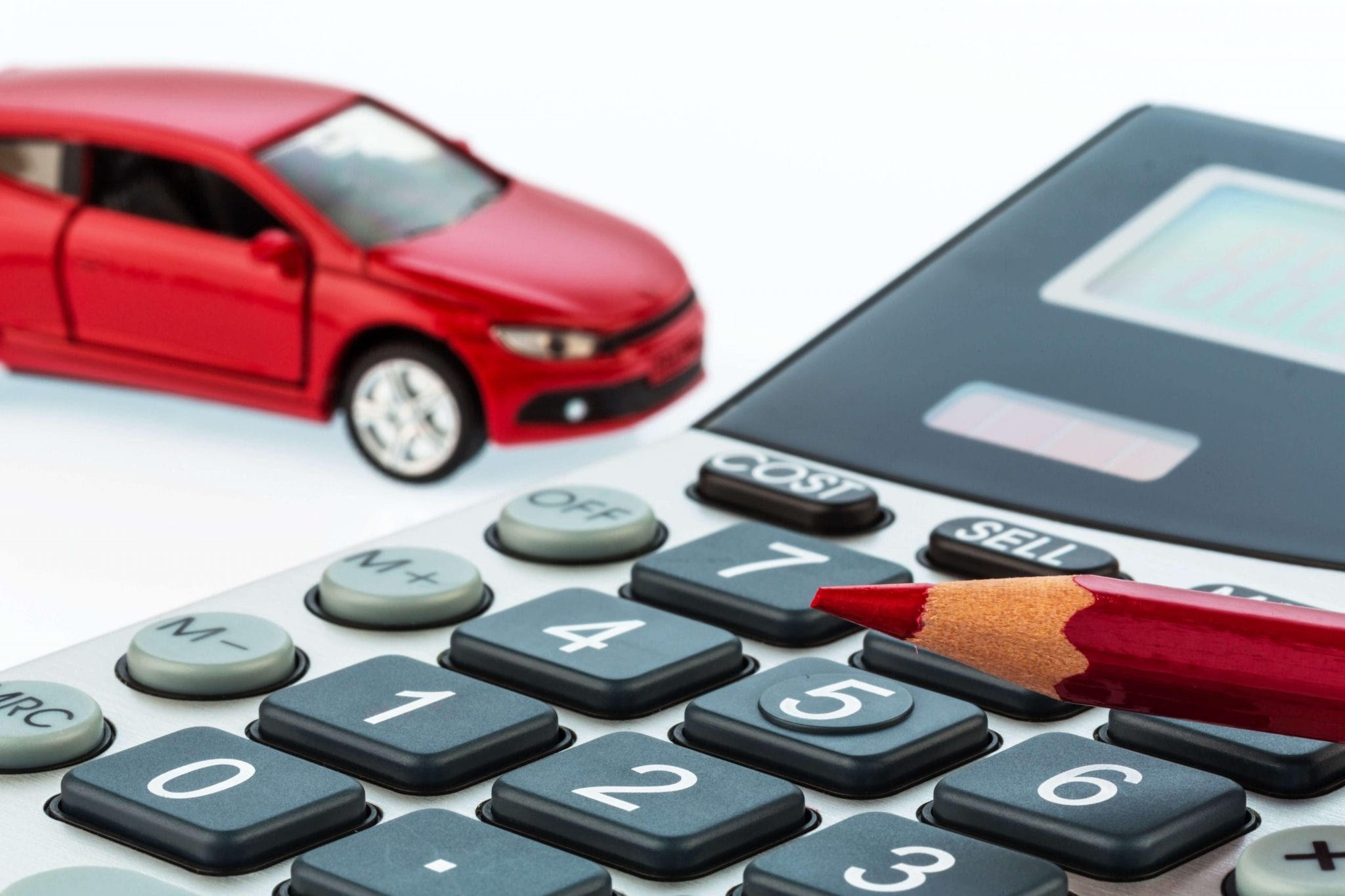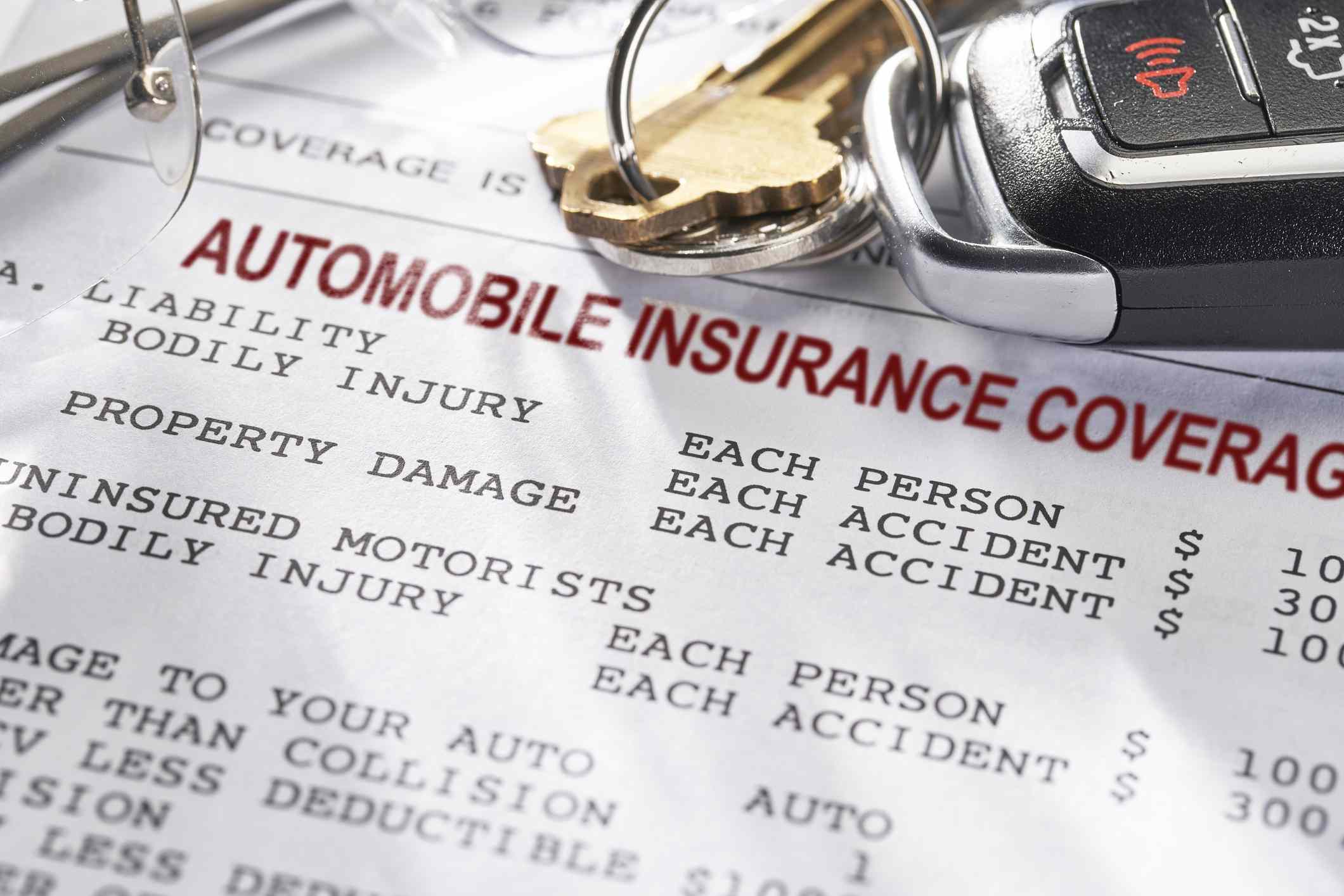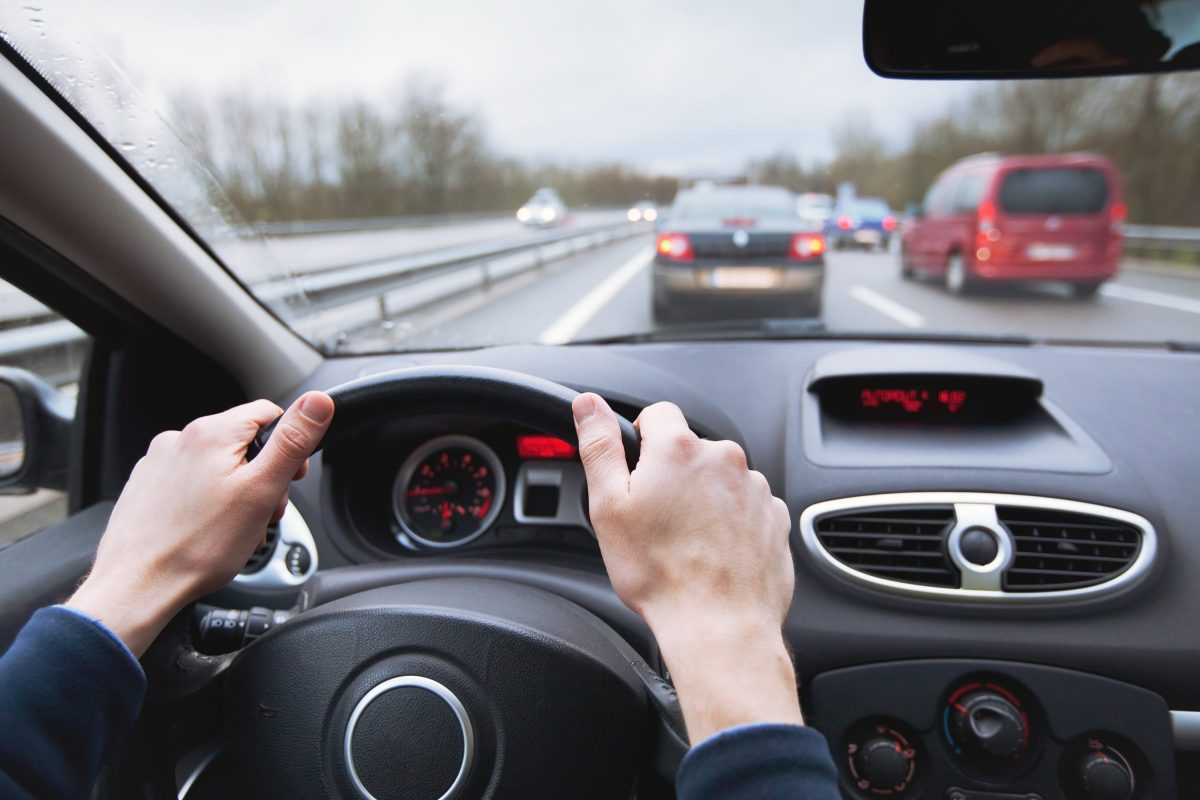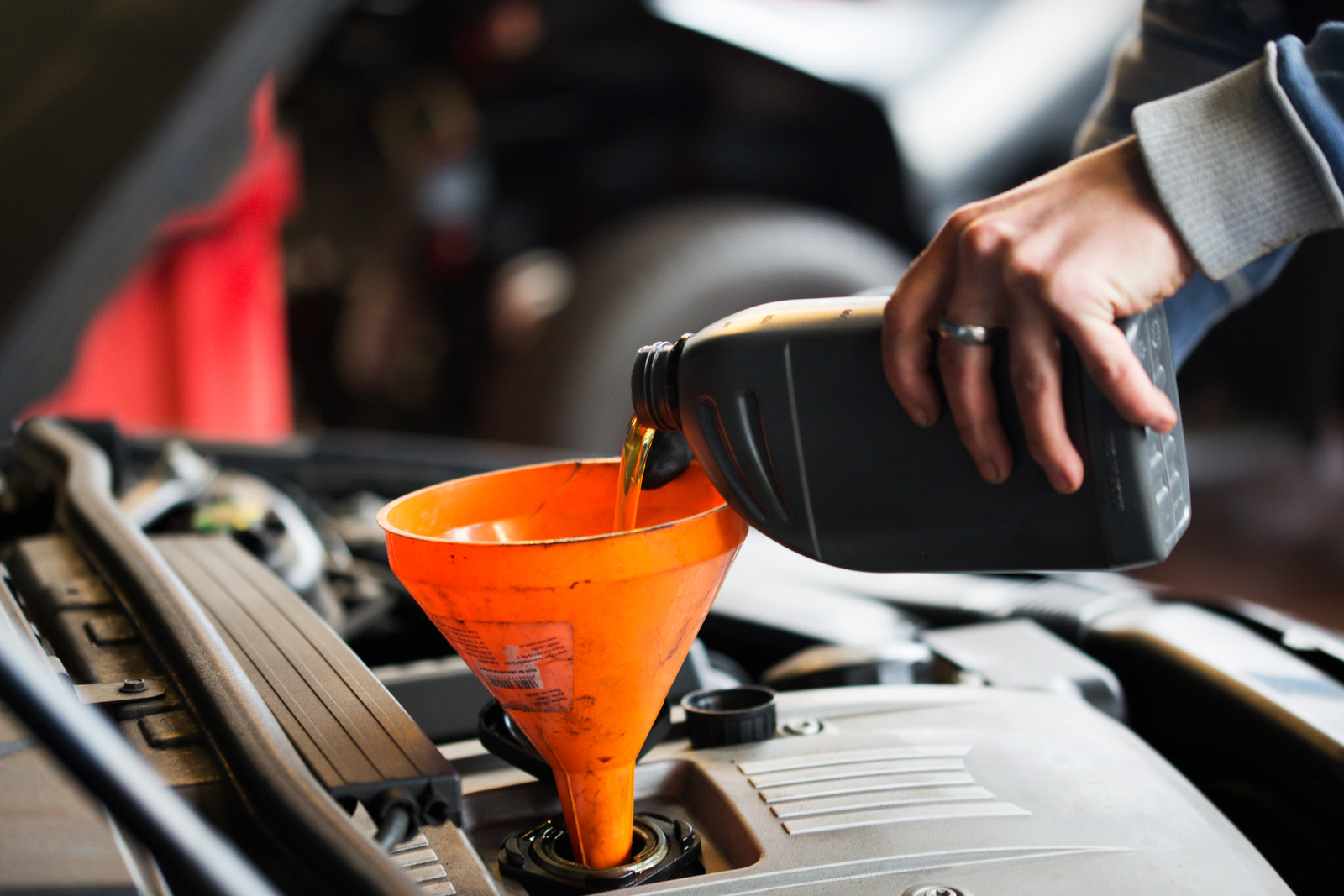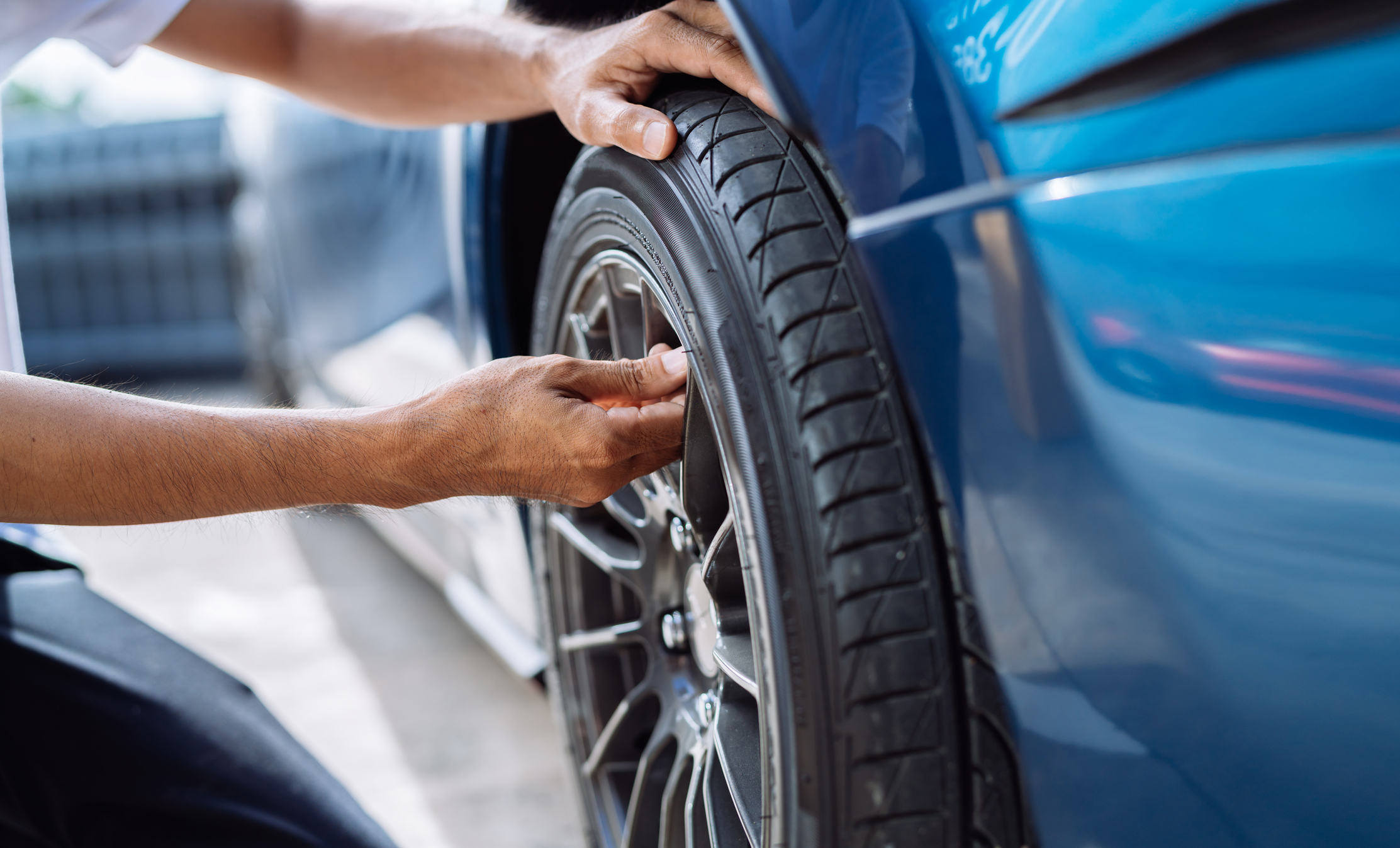Inflation is one of the biggest headaches for the average household today. We are living in a period of surging prices fuelled by record inflationary pressures. In the US, for example, the 2021 inflation peaked at 6.8%, a level not seen for almost 40 years. The rates have remained high in 2022 prompting the Federal Reserve to approve a 0.25 percentage point rate hike – after keeping rates steady since December 2018. There are six more increases planned for 2022.
Government policies are not the only tools to combat inflation. Keeping a tight rein on expenses at the household level also offers some protection against the effects of high inflation. Owning and operating a car is one of the most significant expenses in the home, second only to mortgage payments. There are chances that it will always be one of the biggest expenditures on your budget. However, there are ways to reduce your car-related expenses, keeping them well within manageable levels.
Refinance your auto loan
If you purchased your car through financing, it might be time to reexamine your options. It is possible to save money on interest by refinancing the loan with a lower rate. Refinancing is essentially purchasing your car all over again; only this time, you are only ‘buying’ the balance of the initial car loan.
The new loan is secured by the car, and the new (and lower) monthly payments are spread out over a period of time, just like before. Reach out to your lender, ask about refinancing options, and don’t give up on the first refusal. Spread your net and explore other lenders. You just might find one willing to offer you a new loan at a more favourable rate, saving you hundreds or even thousands of dollars over the life of your auto loan.
Explore options to lower your insurance rates
Via Investopedia
Like refinancing, you can also earn significant savings from your car insurance. Never let your auto insurance policy renew automatically at the end of a circle, whether that’s six months or one year. Shop for the best rates by comparing several options. No single insurer is a low-price, one-size-fits-all option. It is recommended that you always opt for the provider that gives you the best deal. This seems obvious, but you may be surprised to learn how reluctant some people are about changing their auto insurance policies.
Changing insurance providers does sound like more of a hassle than it actually is. Online insurance brokerages, a trend since the early-2000s, have streamlined the process and made it much more convenient.
Today, insurance brokers like Insurance Navy have built entire business models around providing customers with a wide selection of insurance plans, depending on their budgets.
Check your driving habits
Via Car from Japan
Driving habits may not seem like much, but they directly influence the car-related expenses that roll your way each month. There are several components to how your driving style can help reduce your car expenses. One of them is the use of cruise control whenever possible (preferably highway driving).
Industry experts estimate that this practice can lead to fuel savings of between 5% and 7%, which adds up in the long run. It is also advisable to drive smoothly rather than in stops and starts – accelerating and braking suddenly. Avoid idling as it does little but waste gas; it always pays to simply switch off the engine.
Yes, switching your gas guzzler for a less thirsty alternative can help keep your costs down. However, merely adopting the proper driving habits can also lead to significant savings.
Frequent maintenance is key
Via CarGurus
Automobile repairs can be expensive, running into thousands of dollars. However, they can be avoided with something as simple as regular check-ups and routine maintenance. For instance, the engine oil should be checked once every couple of weeks. The engine can seize up and sustain major damage if the oil is dirty or below minimum levels.
Other fluids that should be checked include the transmission fluid, power steering fluid, brake oil and coolant. A persistent squealing noise could be a sign to replace the brake pads. A worn brake pad, if left unchecked, will ultimately damage the brake rotors, a far costlier repair. The tires should also be rotated and balanced every six months or 6,000 to 8,000 miles.
These are all issues that can be taken care of with regular maintenance and service. The alternative is monumental repair costs down the road: that, or a complete vehicle write-off.
Keep your tires inflated
Via Honda of Harvey
Yes, it’s your tires that are in contact with the road surface but what the vehicle is really riding on is air. The air pressure keeps the tire on the rims, and having too little or too much can affect tire wear and fuel economy. Studies have shown a direct relationship between tire pressures and fuel efficiency.
For every 3.0 psi (Pounds per Square Inch) below the recommended tire pressure, fuel efficiency is reduced by an average of 0.6%. A car that’s under-inflated by 8.0psi can increase fuel consumption by as much as 4%. It can also reduce tire life by 6,000 miles. Tire pressure monitoring systems (TPMS) are not a substitute for checking tires regularly.
Some vehicles with advanced TPMS systems will warn you when your tire pressure is low. However, this warning only triggers when a tire is at least 25 percent lower than its recommended pressure; the car could already be wasting fuel well before that.
It doesn’t end here
These are only a few of the practices that can help steer your car-related expenses in the right direction. Other examples include keeping a clean driving record, planning your trips in advance and carpooling. A vehicle is a necessity in many homes, and there’s no reason it should be a financial burden, especially not in the present economic climate.
